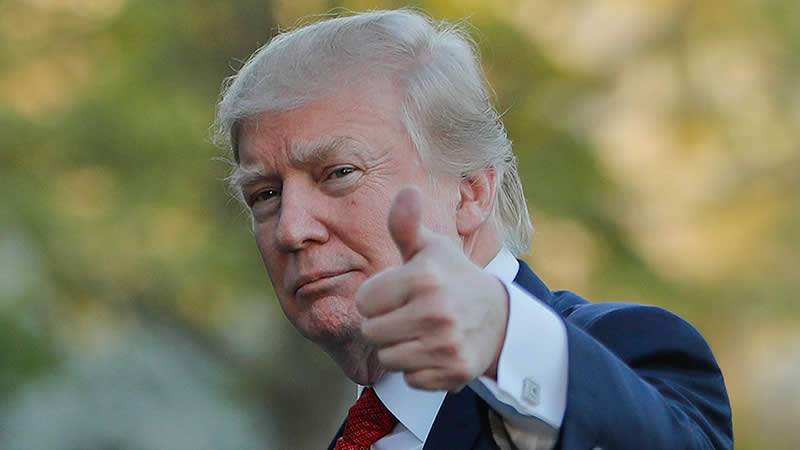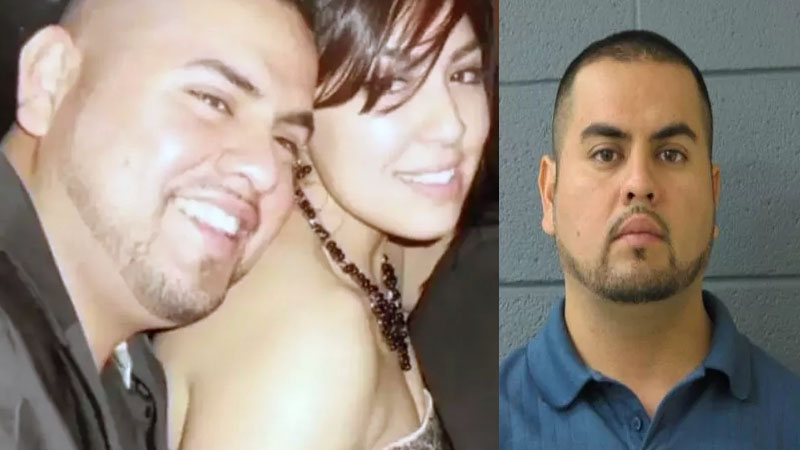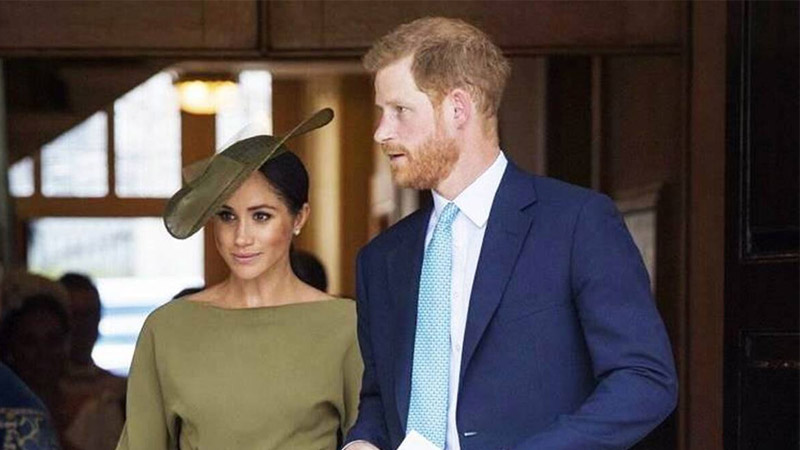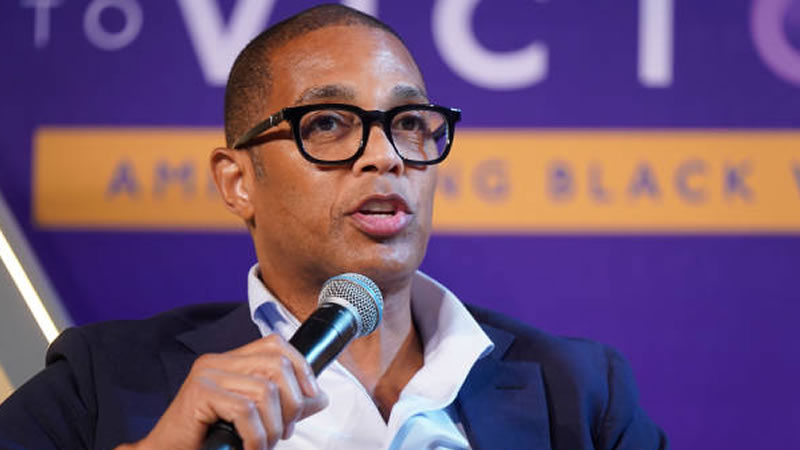Navigating Legal Challenges in Trump’s Case

Courtesy: nbcnews
Donald Trump’s history of navigating through the rules with impunity, even within judicial settings, appears to be facing significant challenges, as highlighted by recent developments in his ongoing legal proceedings. On Thursday, Trump attended a court session for jury selection related to his trial on charges involving hush money payments allegedly made to conceal an affair with an adult film star before the 2016 presidential election.
These payments were purportedly obscured in his financial records, leading to accusations of legal violations. The day culminated in a contentious courtroom exchange over whether prosecutors should be compelled to reveal the identities of upcoming witnesses to Trump’s defense team. This request was precipitated by concerns about Trump’s previous public disparagements of individuals linked to his case.
New York Judge Juan Merchan sided with the prosecution, deciding against ordering the disclosure of a witness list. A prosecutor in the case explicitly stated their intent not to divulge witness identities, a stance Judge Merchan agreed with, citing the potential risks associated with Trump’s prior attacks on related figures.
This situation underscores the shifting dynamics Trump now faces in legal contexts, where his actions have started to yield direct consequences. Legal analyst and former prosecutor Renato Mariotti pointed out the significance of this decision, noting that while it is customary for prosecution teams to reveal their witness lists, especially those they plan to call the following day, the decision to withhold such information in Trump’s case marks a critical departure.
According to a report by MSNBC, when Trump’s attorney Todd Blanche inquired about the first three witnesses the District Attorney’s Office intended to call, the request was denied by prosecutor Joshua Steinglass, citing Trump’s history of targeting such individuals on social media platforms like Twitter.
During the proceedings, Judge Merchan highlighted the difficulty in ensuring Trump would refrain from commenting on the witnesses, responding skeptically to assurances from Trump’s legal team that he would not tweet about them. This skepticism led to Merchan’s refusal to compel the disclosure of the names of the first three witnesses.
Mariotti emphasized the importance of Judge Merchan’s discretion in this matter, suggesting that penalizing behavior that potentially endangers witnesses is a far more effective disciplinary measure than nominal fines, such as a $1,000 penalty. This approach reflects a growing recognition within the judicial system of the need to adapt traditional practices to safeguard the integrity of the legal process, particularly in highly charged cases involving figures with significant public influence like Donald Trump.
These developments not only highlight the unique challenges posed by high-profile cases but also signal a potential shift in how the judiciary might handle similar situations in the future, emphasizing the need for stricter measures to protect judicial processes and participants from undue influence or intimidation.


